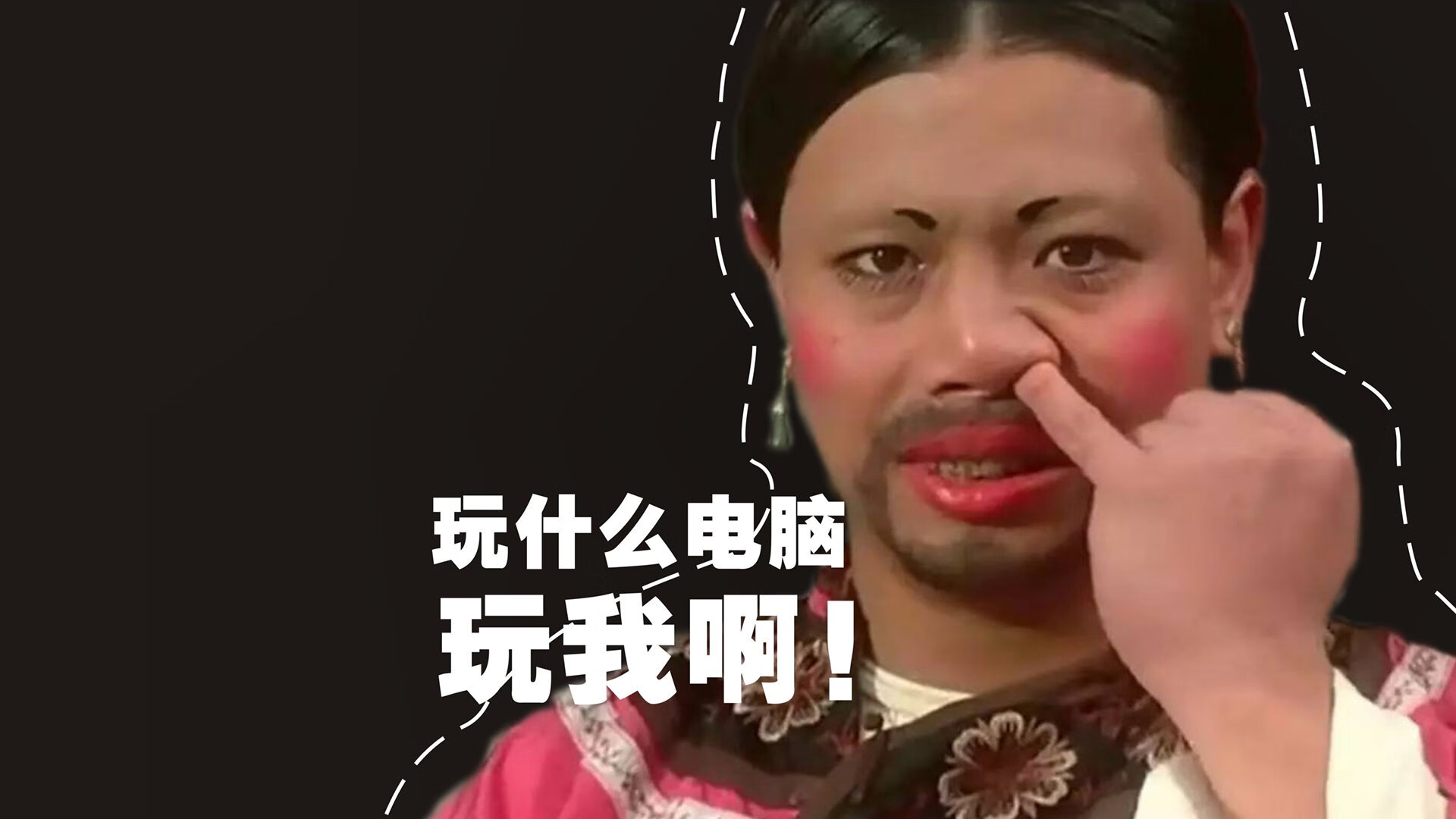which的用法总结大全
- 网络文学
- 2024-04-27 18:51:52
- 9789
which释义
pron.哪一个; 哪一些; 哪个; 那,指前面提到的事物
adj.哪一个; 哪一些;
which的用法
which作为代词具体用法如下
1.(用作疑问代词)哪一个,哪一些
Which is my seat?
哪个座位是我的?
2.(用做关系代词)那一个,那一些
He also had a gun with which to defend himself.
他还有一把自卫用的枪。
He invited us to dinner, which was very kind of him.
他邀请我们吃晚饭,他这么做真是太客气了。
She was very fond of speaking French, which indeed she spoke well.
她很喜欢讲法语,而且确实讲得不错。
He lives in the house which is opposite ours.
他住在我们对面的那栋房子里。
which作为形容词用法如下
1.(用作疑问形容词)哪一个,哪一些
Which university did you go to, Oxford or Cambridge?
你上过哪所大学?牛津还是剑桥?
2.(用作关系形容词)这个,这些
The doctor told him to give up *** oking, which advice he took.
医生叮嘱他戒烟,他接受了这一忠告。

其他用法
1、在后置的非限制性定语从句中代替上文出现的事物或情况(单数或复数)。
2、在问句中作为疑问代词,在名词从句中作为连接代词用,其含义为“哪个、哪些”。
3、如果非限制性定语从句的先行词不是指主句内容,而是指具体的人、时间、地点,则不用which。
which与that的用法区别
两者都可指物,常可互换。其区别主要在于:
1. 引导非限制性定语从句时,通常要用which:
The current, which is very rapid, makes the river dangerous. 水流湍急,使这条河很危险。
He has to work on Sundays, which he doesn’t like. 他得在星期天工作,他是不喜欢这样的。
The London team, which played so well last season, has done badly this season. 伦敦队上一个季度打得很好,这个季度却打得很差。
2. 直接放在介词后作宾语时,通常要用which:
She may be late, in which case we ought to wait for her. 她可能晚到,那样我们就要等等她。
The documents for which they were searching have been recovered. 他们找寻的文件已找到了。
This morning some port wine came, for which I have to thank you. 今天早上送来一些波尔图葡萄酒,为此我得向你道谢。
注:有时“介词+which”引导的定语从句可以转换成“介词+which+不定式”结构:
He had only the long nights in which he could study. =He had only the long nights in which to study. 他只有漫漫长夜可用来学习。
He had a couple of revolvers with which he could defend himself.= He had a couple of revolvers with which to defend himself. 他只有一两把手枪用来自卫。
3. 当先行词是下列不定代词或被它们修饰时much, little, none, all, few, every(thing), any(thing), no(thing) 等时,通常用that:
All that she lacked was training. 她缺的只是训练。
Have you everything that you need? 你需要的东西都有了吗?

The sleeping man’s subconscious mind retained everything that was said around him. 这位酣睡的人头脑的下意识能记住他周围的人说的话。
She would never do anything that was not approved of by her parents. 她父母不赞同的事她绝不会做。
4. 当先行词有the very, the only, the same 等修饰时,通常用that:
This is the only example that I know. 我知道的例子只有这一个。
Those are the very words that he used. 那是他的原话。
5. 当先行词有形容词最高级或序数词(包括last, next等)等修饰时,通常用that:
This is the best dictionary that I’ve ever used. 这是我用过的最好的词典。
The first thing that you should do is to work out a plan. 你应该做的第一件事是订个计划。
6. 当关系代词在定语从句中用作表语时,通常用that:
China is not the country (that) it was. 中国已不是过去的中国了。
7. 当先行词是一个既指人又指物的并列词组时,通常用that:
They talked about the persons and things that most impressed them. 他们谈论了使他们印象最深的人和事。
8. 当要避免重复时:
Which is the course that we are to take? 我们选哪门课程?
which的用法例句
1.He lived on an invalidity pension which came as a weekly giro.
他靠每周领取的作为病残养老金的直接转账救济支票过日子。
2.Politicians want a lap-dog press which will uncritically report their propaganda.
政客们想要的是不问是非、甘为他们搞宣传的哈巴狗一样的新闻媒体。
3.We were in the same college, which was male-only at that time.
我们那时在同一所学院,当时只招男生。
上一篇
plan的用法总结大全
版权声明:本文内容由互联网用户自发贡献,该文观点仅代表作者本人。本站仅提供信息存储空间服务,不拥有所有权,不承担相关法律责任。如发现本站有涉嫌抄袭侵权/违法违规的内容,请发送邮件到 quanzhongzhan@qq.com 举报,一经查实,本站将立刻删除。
本文链接:http://www.0771td.com/p/8791.html